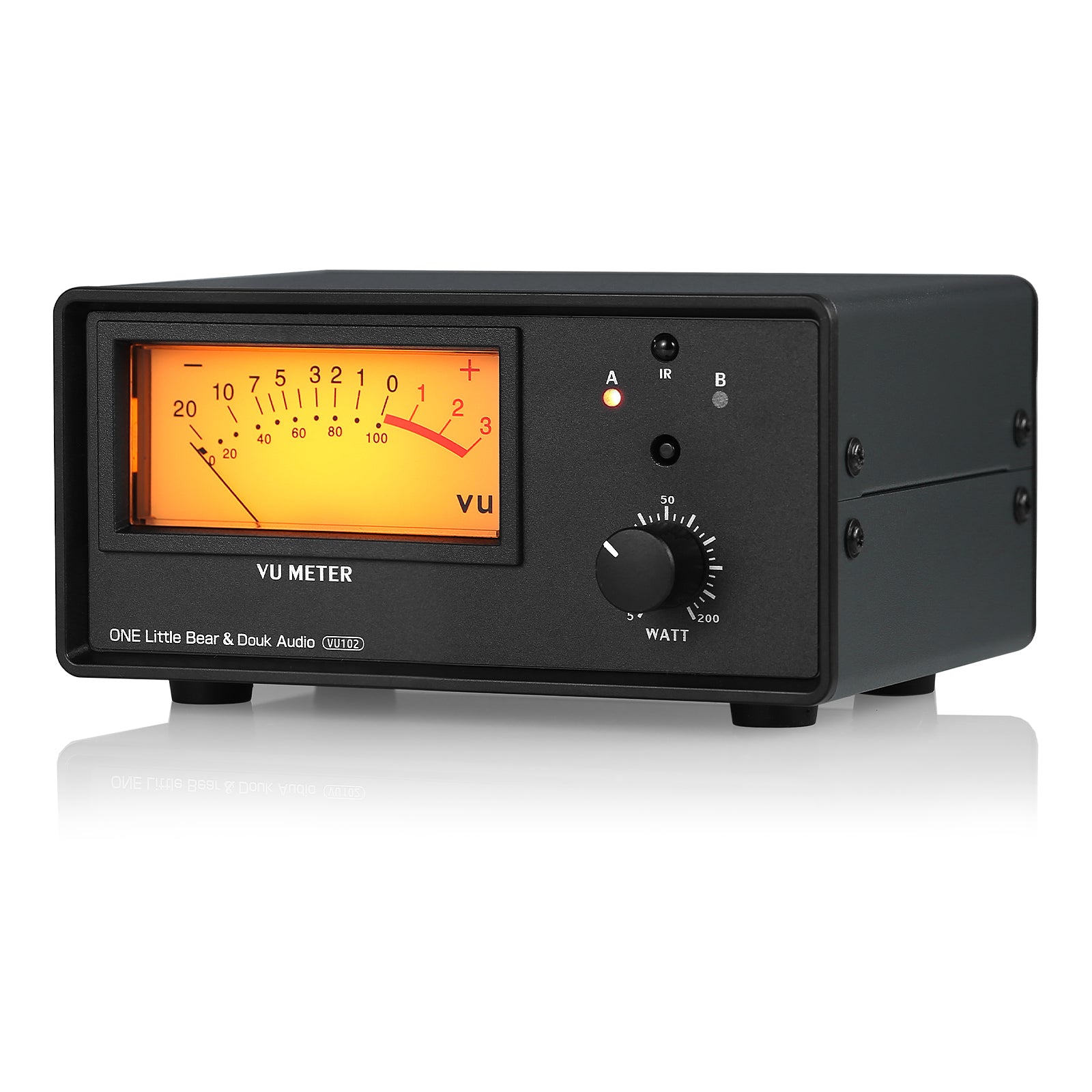Thanks, I'll try that test! Am I right in thinking that's only an issue if you have 2 active sources playing at the same time into the switch box, ie if you only have one source actively playing into the switchbox at any given time then it doesn't matter if the crosstalk is bad (because there's only one source being played at a time)?As I noted, some bleed pretty bad. I have one that I use for 3.5mm switching and it is that way. Test yours by listening to the non-active input and cranking up the volume. If you hear the playing channel, then it is no good.
EDIT: and a small additional note, I'm getting confused between crosstalk and the bleed you mention, because crosstalk is leaking between the channels, whereas the bleeding you're mentioning is between the different inputs - and they're either related or not?
EDIT #2: tried the test you mentioned, listening to the non-selected input whilst it was playing at max digital volume and max volume on the back of the speakers and I didn't hear anything - at first I thought I got an increase in static (the 308p mkii's have hiss always) but that was momentary placebo, I tried turning the music stream on & off a few times and there was no difference.
Last edited:


